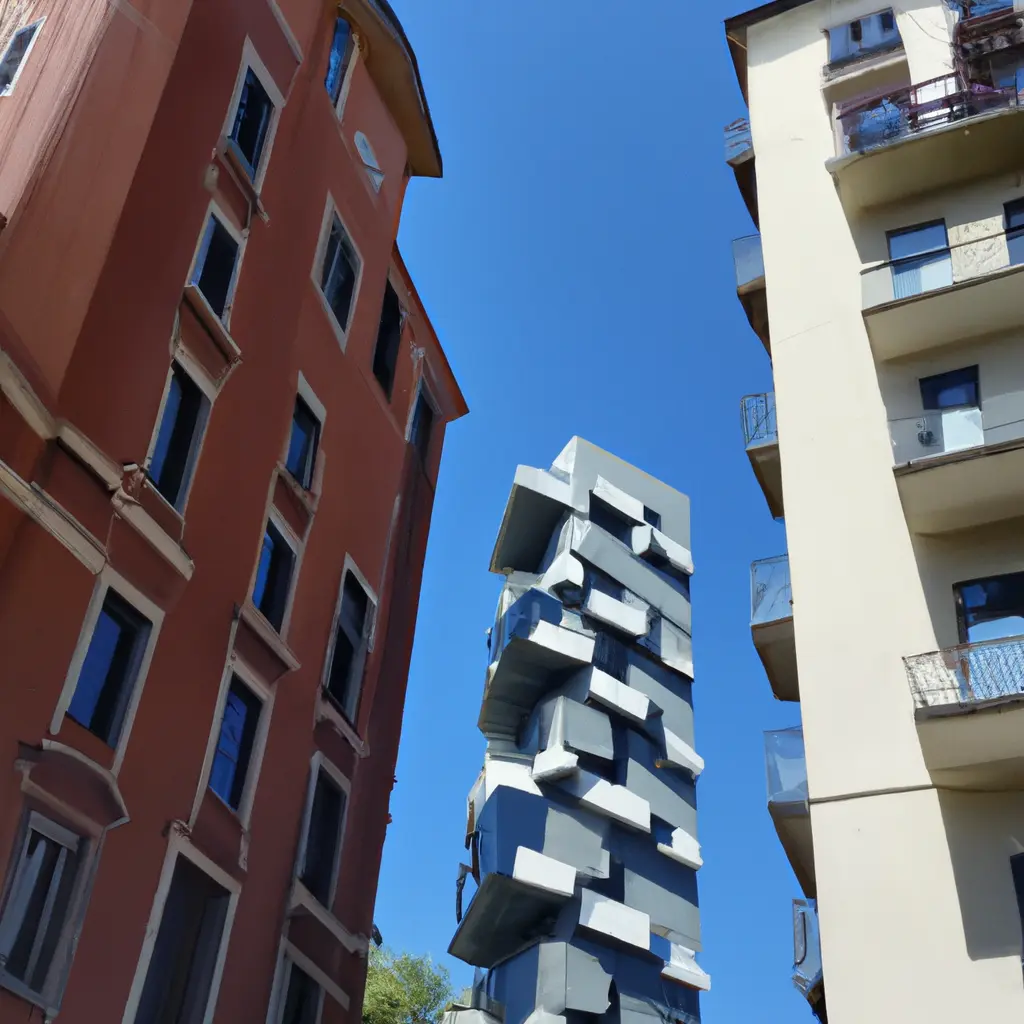Real estate in Italy: retail property is attracting investors again.

October 25, 2023, 1:53 pm, 3 min read
More than 90% of the managers surveyed have investments in the retail sector, and 80% of them allocated Italy a share of their investments. Meanwhile, about 40% have invested more than 200 million euros, mainly in streets and shopping centers located in northern and central Italy. This was revealed in the annual EY Retail Property Investments Barometer Italy survey conducted by EY's Strategy and Transactions department for July-September 2023. The survey aimed to assess perceptions and confidence in the retail segment in the Italian real estate market, as well as to identify sentiments regarding investment and management strategies and future prospects for this area. The survey included key industry participants, including real estate companies, fund and asset managers, and financial investors who are also diversifying into real estate nationally and internationally. Marco Daviddi, Strategy and Transactions Partner at EY Italy, commented, "Our research shows various opportunities for the revival of the retail segment in real estate investment strategies. Of course, Italy has a product quality problem, which, with the exception of the "high street" section, is considered to be qualitatively below the European average. And there is a sense of risk associated with online shopping (33% see it as the main risk in the sector), rising operating costs (31%) and declining consumer spending power (29%). At the same time, 85% of respondents are interested in investing to improve the performance of assets in the portfolio to mitigate existing risks. Revamping merchandising is one of the top goals (54% of respondents are interested), followed by energy efficiency (27%). Investing in digital technology is also becoming important to 60% of respondents, with a focus on operational efficiency. We were also pleasantly surprised by the confirmation that this segment remains in investors' plans - 63% plan to invest in the next 3 years, attracted by the opportunity to develop innovative products that could redefine the role and importance of such real estate complexes. "
There is a strong focus on ESG criteria, which underpins the strategies of 90% of respondents.
14 May 2025
13 May 2025
14 May 2025
Comment
Popular Offers

Subscribe to the newsletter from Hatamatata.com!
Subscribe to the newsletter from Hatamatata.com!
I agree to the processing of personal data and confidentiality rules of Hatamatata














